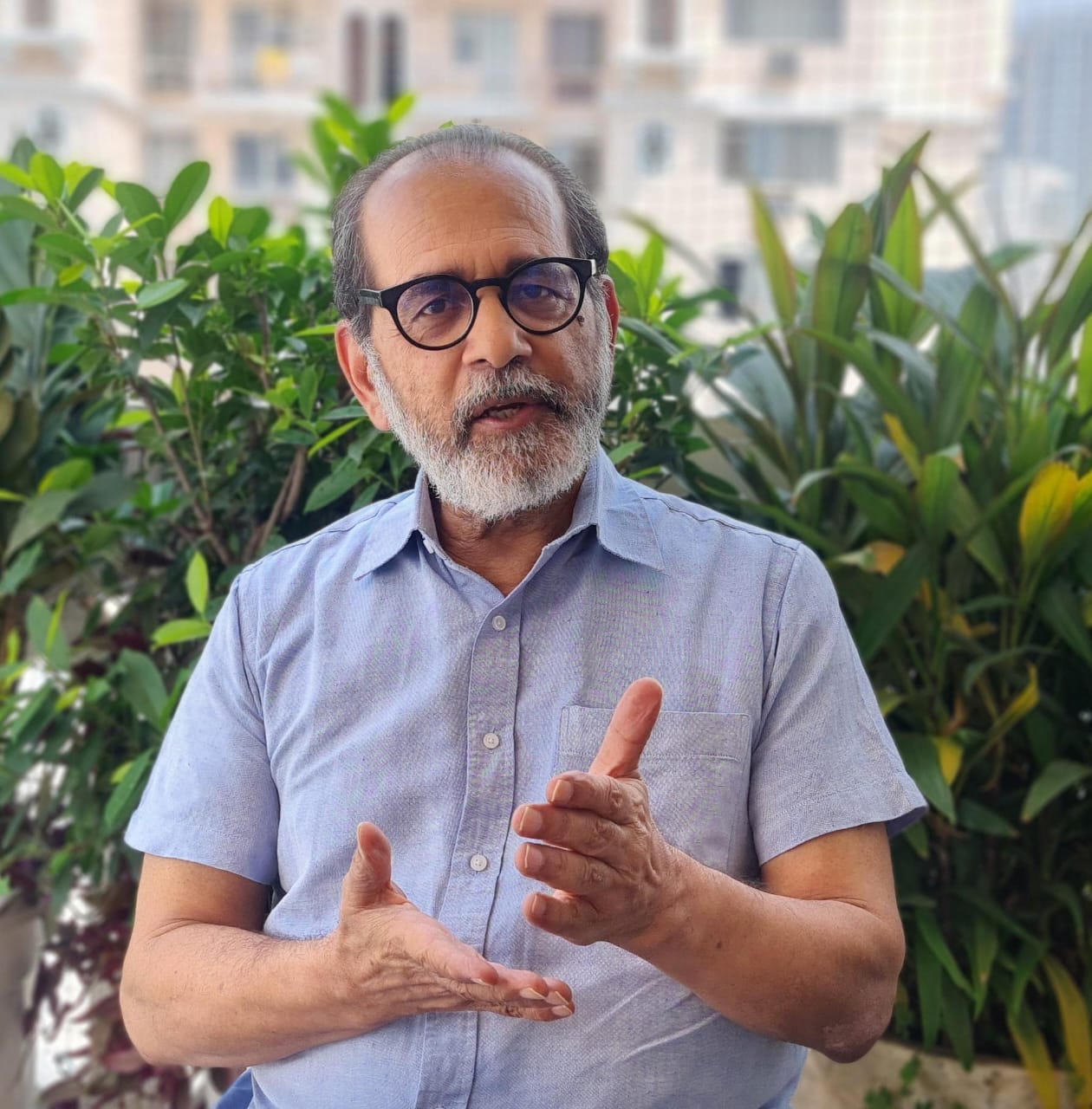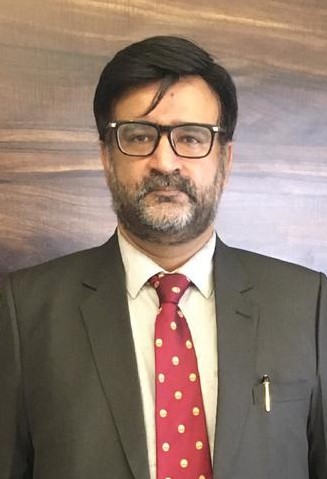In this moment of geopolitical fluidity, Türkiye and Iraq have been drawn to each other. Economic and security agreements can help solidify the relationship.
Derya Göçer, Meliha Altunışık
{
"authors": [],
"type": "pressRelease",
"centerAffiliationAll": "dc",
"centers": [
"Carnegie Endowment for International Peace"
],
"collections": [],
"englishNewsletterAll": "",
"nonEnglishNewsletterAll": "",
"primaryCenter": "Carnegie Endowment for International Peace",
"programAffiliation": "NPP",
"programs": [
"Nuclear Policy",
"Middle East"
],
"projects": [],
"regions": [
"Middle East",
"Iran"
],
"topics": [
"Nuclear Policy"
]
}
REQUIRED IMAGE
WASHINGTON, Oct 30—The International Atomic Energy Agency (IAEA) faces a critical test this November when it will issue its latest report on Iran’s nuclear activities. Since 2003, the IAEA has been unable to conclude that Iran does not have undeclared nuclear materials and activities. A condemning report by the IAEA, addressing the elements of Iran’s nuclear program that seem intended for military, rather than civilian purposes, could induce UN Security Council (UNSC) sanctions and prompt Iran to end all cooperation with the IAEA. Yet a falsely reassuring report by the IAEA could seriously damage the credibility of the nonproliferation regime, argues Pierre Goldschmidt, former deputy director general of the IAEA and a visiting scholar with the Carnegie Endowment for International Peace, in a speech today at Harvard University.
Arguing that Iran has shown no inclination to convince the world that it is not seeking nuclear weapons, Goldschmidt says that the Iranians have most likely made a cost-benefit analysis of the situation, concluding that time is on their side and that Russia and China will oppose severe sanctions by the UNSC. He suggests an alternative approach would be a two-month grace period protecting Iran in case it makes new revelations on its nuclear program. He also outlines other key factors that could prompt Iran to shift its stance:
“The Agency, recipient of the 2005 Nobel Peace Prize, has a well deserved reputation of objectivity and sound technical judgment. It cannot let itself be perceived as being manipulated by Iran to help buy time or as providing an unwarranted excessively positive picture of the situation in Iran, thereby raising the suspicion that its objective might be to make it more difficult for the UNSC to adopt any new resolution sanctioning Iran. After five years of unsuccessful efforts by the Agency to ‘close the Iranian file,’ there is no room for complacency, only for undisputable objectivity and clarity in reporting facts and findings in sufficient detail,” concludes Goldschmidt.
###
NOTES
Carnegie does not take institutional positions on public policy issues; the views represented herein are those of the author(s) and do not necessarily reflect the views of Carnegie, its staff, or its trustees.
In this moment of geopolitical fluidity, Türkiye and Iraq have been drawn to each other. Economic and security agreements can help solidify the relationship.


Derya Göçer, Meliha Altunışık
An exploration into how India and Pakistan have perceived each other’s manipulations, or lack thereof, of their nuclear arsenals.

Rakesh Sood
For Putin, upgrading Russia’s nuclear forces was a secondary goal. The main aim was to gain an advantage over the West, including by strengthening the nuclear threat on all fronts. That made growth in missile arsenals and a new arms race inevitable.

Maxim Starchak
A close study of five crises makes clear that Cold War logic doesn’t apply to the South Asia nuclear powers.

Moeed Yusuf, Rizwan Zeb
The uprisings showed that foreign military intervention rarely produced democratic breakthroughs.


Amr Hamzawy, Sarah Yerkes